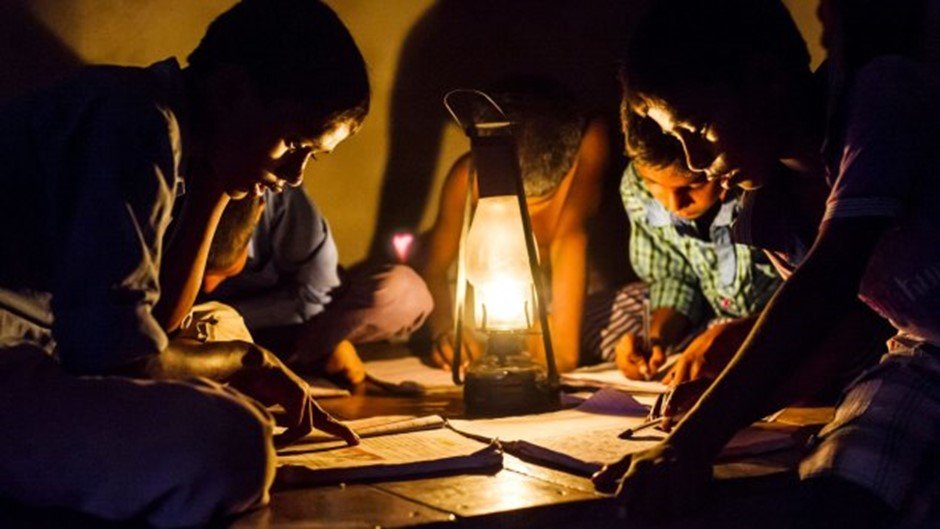Light Poverty
More then 1 billion people live in light poverty.
With wars raging in both the Ukraine and now in Gaza in the Middle East, one can’t escape thinking of what and how life is without proper lighting. With cities ravaged by these wars, the infra-structure gone, the human casualties, it has made me rethink our role as lighting designers.
We have to spare a thought to those affected and suffering the consequences of this inhumane crisis. I am tucked away in Australia, as probably many of my industry peers in other parts of the world, far from all this, still doing my luxury lighting designs. Because luxury it is.
While more then 1 billion people have no or very little light, sometimes sharing a single light source at night, often not even powered by electricity, we keep delivering lighting designs for the “developed world” and “well-to-do”, often 5 star luxury venues and spaces that spent up to hundreds of thousands of dollars just for lighting! It seems totally un-balanced.
But with nearly 20% of our earth population deprived of lighting, through war or pure poverty, one has to stop, think and evaluate what our contribution to our world today is. I love my profession of lighting designer, but do I really contribute to resolving light poverty? My honest answer is no, not really! The explanation quite simply is that I earn my, sometimes hefty, fees in the luxury segment.
It is a challenging question that lighting designers ought to at least ponder on, because focussing on light poverty, mostly translates to working with small means and budgets and unless supported by government funding a very difficult undertaking for a small lighting design practice. The answer may lie in a combination of both by using the potential profits from luxury design work into supporting light poverty developments. It also requires some commitment and dedication to the cause, something that not everyone might be prepared to invest.
I would be very interested to hear from the lighting community about thoughts and suggestions on how we could become more responsible lighting designers with the right dose of empathy to use our skills to address light poverty in the world.

